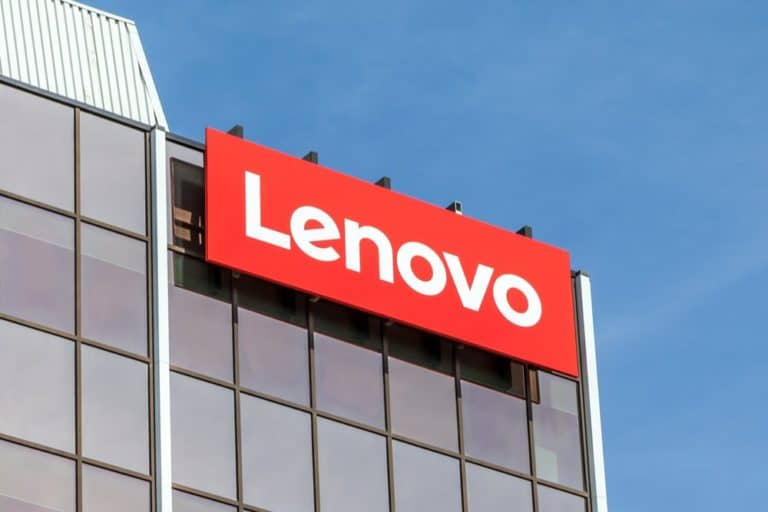Lenovo reported its weakest revenue rise in nine quarters. The world’s largest PC maker saw device sales slow following a pandemic-fueled surge.
The findings validate Lenovo’s strategy of focusing on non-PC sectors such as cellphones, servers, and information technology services, which now account for more than a third of its revenue.
Lenovo’s overall sales in the April-June quarter were $17 billion, a 0.2% increase from the same period last year. The revenue was in line with the $16.87 billion average Refinitiv forecast from seven analysts. The gain was the lowest since the March 2020 quarter.
Slugging consumer demand and supply chain issues
Quarterly net income attributable to shareholders increased by 11 percent to $516 million. Lenovo’s slowing business growth coincided with the worldwide PC sector cooling off following a pandemic-fueled sales spike. As a result, various businesses, ranging from chipmakers to electronics manufacturers, predicted a dramatic decline in demand, including Intel and Samsung.
According to research company Counterpoint, global exports declined 11 percent year-over-year in the last quarter, the most significant drop since Q2 of 2013. Lenovo’s overall PC shipments fell by 12.7 percent to 17.4 million units, owing primarily to sluggish consumer demand, with supply chain issues attributed partly to strict lockdowns in China.
Forecast for 2022
During an earnings call, Lenovo CFO Wai Ming Wong stated that the device segment saw a 3 percent fall in quarterly sales due to poor consumer PC demand and COVID-led supply restrictions. However, he stated that income from non-PC device industries increased by 12 percent. Revenue from smartphone sales increased by more than 20 percent compared to the same period last year.
Yang Yuanqing, Lenovo’s chairman and CEO, told Reuters that he expects worldwide PC shipments to range between 300 million and 310 million units this year. That would be an almost 10 percent decrease from the 341 million units supplied last year, according to research company Canalys. However, Yuanqing stated that supply-chain constraints, which affected many hardware manufacturers as the year kicked off, have improved.
